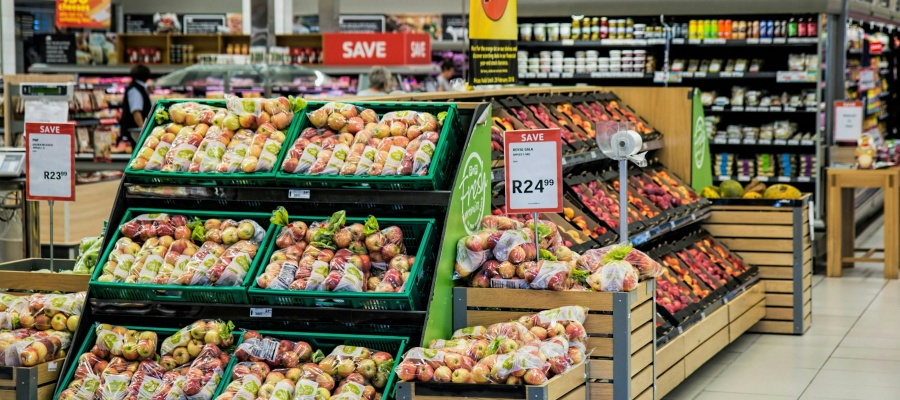Following the announcement of England’s third national lockdown on 4 January, UK consumers raced to book supermarket delivery slots, causing delays and technical issues across several major grocery retailers. Within 45 minutes of the Prime Minister’s announcement, social media was flooded with reports of website outages and virtual queues as shoppers sought to secure their online grocery orders.
According to the BBC, Sainsbury’s app and website went down temporarily due to high demand. Ocado introduced a queuing system, with over 5,300 users waiting at one point. Shoppers also reported issues completing orders with Tesco, though a spokesperson stated there were no confirmed technical problems on its end. Tesco has doubled its delivery and click-and-collect capacity since the first lockdown in March and now offers over 1.5 million slots per week.
Morrisons, meanwhile, acknowledged the increased demand but assured customers that slot availability remained “good.”
Online grocery demand hits record levels
New data released by Kantar highlighted the scale of the shift towards online grocery sales during the pandemic. In December 2020, online orders accounted for 12.6% of total grocery spend, up from 7.4% in December 2019. The peak demand occurred on 22 and 23 December, as customers rushed to stock up ahead of the holidays.
Ocado finished the year as the UK’s fastest-growing grocery retailer, with sales rising 36.5% in the 12 weeks to 27 December. Although it serves less than 3% of UK households, the surge in demand for online shopping helped push Ocado’s performance well ahead of larger competitors.
The figures reflect a fundamental shift in consumer behaviour, as more people turn to online platforms for convenience and safety during ongoing COVID-19 restrictions.
Alcohol sales and premium labels drive holiday spending
The festive season also delivered a boost to supermarket alcohol sales. Kantar reported that supermarket alcohol sales rose by £310 million compared to the previous Christmas, as the UK’s tiered restrictions prevented people from socialising in pubs and bars. Consumers chose to recreate celebrations at home, which significantly benefited the grocery sector.
Tesco saw a 11.1% increase in sales, driven largely by the popularity of its Tesco Finest premium own-label products. Sainsbury’s followed closely with 10.7% growth, just ahead of Asda at 7.8%. Morrisons experienced the strongest growth among the major players, with a 13.1% rise in sales. This performance pushed its market share to 10.4%, its highest level since June 2019.
A transformed retail landscape
Overall grocery sales rose 11.4% in the 12 weeks to 27 December, cementing a year of transformation for UK food retailers. The ongoing pandemic has significantly accelerated the adoption of online grocery shopping, with supermarkets rapidly expanding their delivery infrastructure to meet surging demand.
As lockdown restrictions continue into the new year, retailers are expected to face ongoing pressure to maintain service levels and availability, particularly during key announcement periods. The Christmas period demonstrated not only the strength of the grocery sector but also the lasting impact of pandemic-driven shopping habits.
The continued rise of online grocery sales and the shift toward premium products and at-home experiences suggest that many of these behaviours will persist well beyond the end of the pandemic.


